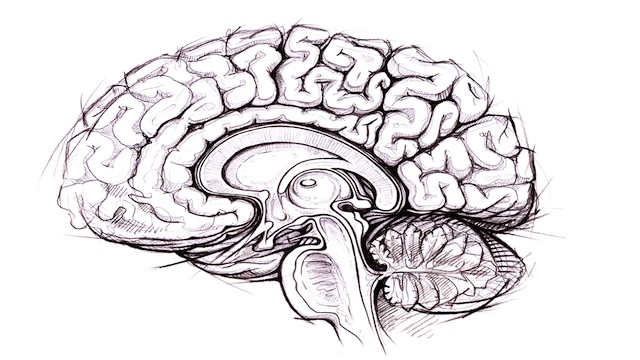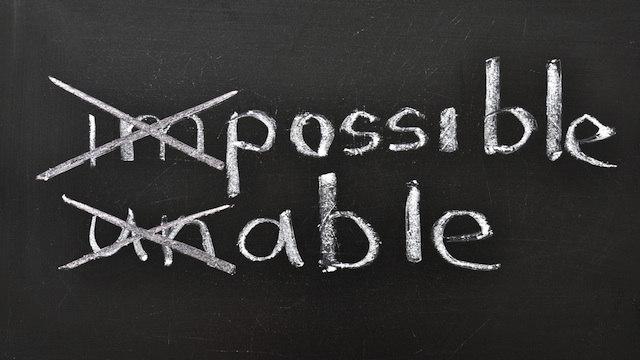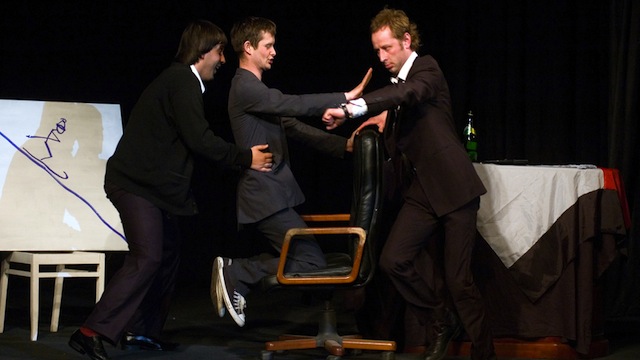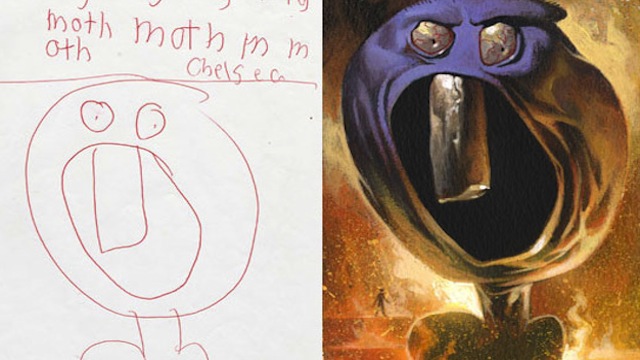Sam McNerney
Science writer
I graduated from Hamilton College with a degree in Philosophy. Now I write about philosophy (mostly epistemology) and psychology (mostly decision making and well-being) at Scientific American and Big Think. My personal blog is SamMcNerney.com. @SamMcNerney.
The following is an upcoming post for CreativityPost.com. It riffs on themes I discussed in my previous post on humor. If you have not already, check out CreativityPost.com. There’s great […]
In his autobiography, The Moon’s A Balloon, British actor David Niven writes about an instance when the American playwright and screenwriter Charles MacArthur approached Charlie Chaplin for advice on how […]
Hello readers. I’ve been on vacation for the last several days. Here’s an old post from my previous blog WhyWeReason.com to fill the void. It’s about a paper by the NYU […]
“How do Americans spend their leisure time?” That question was posed by Yale psychologist Paul Bloom in his 2010 book How Pleasure Works. The answer, Bloom says, is “participating in […]
In question is nothing less than the nature of literature from an evolutionary perspective.
Humans are a distractible bunch. We’re easily seduced by ads and offers, memes and tweets. When we’re not focused on useless gimmicks and irrelevant social chatter our minds drift into […]
It’s obvious why we are motivated to eat, drink and reproduce; the origins of our desire to push musical boundaries, on the other hand, are less clear.
The human brain tends to jump to conclusions based on limited information.
Breakthrough ideas don’t happen overnight. Origins of Species was published in 1859, 28 years after Darwin first boarded HMS Beagle;James Joyce spent seventeen years writing Finnegans Wake;and when Edison filed […]
It’s difficult to categorize Siri Hustvedt. She is, first and foremost, a writer and a thinker. Her well-known novels include What I Loved and The Sorrows Of An American. They […]
Human evolution is puzzling. Around 45,000 years ago, for no obvious reason, our species took off. Our technology rapidly progressed, populations thrived and we started painting and crafting instruments. All […]
One of the great mysteries of art is why it exists. Although our desire to create and enjoy art is so widespread that it appears as natural as eating or […]
While writing this post, my mood will vary. I’ll enjoy the beginning – riffing on a new idea is always exciting – but I’ll inevitably hit difficult patches. A few […]
What separates the greatest achievers from the rest of us?
Most “honest” people are willing to cheat by “fudging” their results in order to give themselves small gains.
“Are great musician born or made?” That question was posed by Gary Marcus, who at the age of 38, wondered if he could overcome a lifetime of musical failure – […]
The ultimate goal of any education system should be to give people the opportunity to find and bring to life that which motivates them intrinsically.
In the 17th century, the French philosopher and mathematician René Descartes famously argued that, “the mind or soul of man is entirely different from the body.” With this move, Descartes […]
It’s easy to see why, for most of human history, a creative insight was thought of as a divine spirit that came from “some distant and unknowable source, for distant […]
Like many college students, I took a semester abroad. I spent the first half of my junior year in London taking classes at UCL, exploring the museums, and learning the […]
“Too much experience…may restrict creativity because you know so well how things should be done that you are unable to escape to come up with new ideas.”
For most of human history creativity was something that came from the muses; it was about flashes of insight from another world. Today we know that creativity is something that […]
Shakespeare was a ruthless thief. Some of his first plays – the three parts of Henry VI – were so similar to Christopher Marlowe’s Tamburlaine the Great thatmany eighteenth-century scholars […]
Sigmund Freud postulated that dreaming is a reflection of the unleashed id; it represents one’s deep sexual fantasies and frustrations implanted during childhood. But what happens when we fall asleep […]
Improv isn’t about wisecracks and one-liners. It’s about creating a structure where characters and narratives are quickly created, developed, sometimes forgotten and other times resolved.
Several years ago, Tom DeMarco and Timothy Lister conducted a study that measured the productivity of computer programmers. Their data set included more than 600 programmers from 92 companies. According […]
A study conducted between 1959 and 1964 involving 350 children found that around 4th grade our tendency to daydream and wonder declines sharply. In other words, Picasso was right: “Every child is an artist. The problem is how to remain an artist once we grow up.”


























